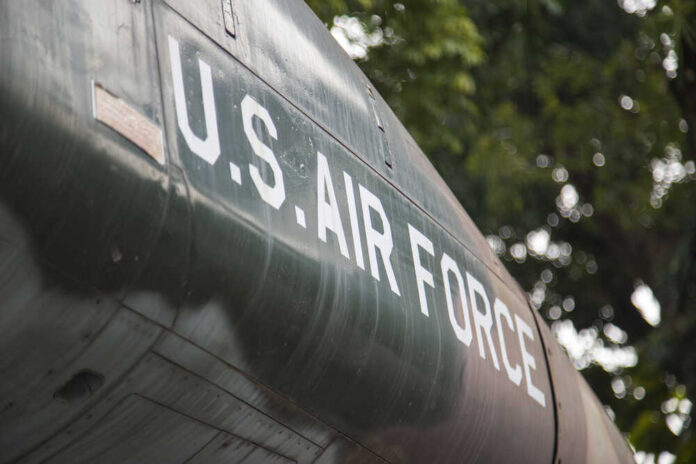
U.S. forces intercepted four Russian warplanes flying near Alaska on Monday and diverted them in an action government officials categorized as “routine.”
The North American Aerospace Defense Command (NORAD) reported Tuesday that it successfully “detected, tracked, (and) positively identified” the four planes. Among them were TU-95 BEAR-H bombers and SU-35 fighter jets.
Two American F-16 warplanes intercepted four Russian aircraft near Alaska. https://t.co/HPxtCLgeOL
— CBS News (@CBSNews) February 15, 2023
The Russian aircraft were in international airspace, though they were flying in the Alaska Air Defense Identification Zone (ADIZ). The agency said in a statement that “NORAD had anticipated this Russian activity…and was prepared to intercept it.”
Two F-16 fighters were scrambled to confront the Russian aircraft, and they were accompanied by two F-35A fighters, an E-3 Sentry, and two KC-135 Stratotankers.
It marked the second international confrontation with Russian warplanes in mere hours. Just before the latest encounter, two Dutch F-35 fighter jets scrambled to intercept three Russian aircraft near Poland’s NATO airspace and escorted them away.
NORAD said afterward that Russian jets flying in the vicinity of U.S. airspace is a regular occurrence. The command also declared that the activity is “in no way related” to the spate of NORAD and U.S. Northern Command operations in recent days.
Those operations, of course, included tracking the Chinese spy balloon and the three still-unexplained objects that were shot down by U.S. forces since early this month.
The Air Force shot down the spy balloon over the Atlantic waters off the South Carolina coast on Feb. 4. That action, however, came eight days and over 4,000 miles after it was first detected breaching U.S. airspace.
The State Department has since confirmed the massive object was equipped with equipment capable of collecting and storing communication signals from sensitive U.S. military installations.
NORAD reported that encounters with Russian aircraft in the ADIZ have occurred on average six or seven times per year since 2007. They are therefore not seen as “provocative,” even with the heightened state of tensions due to recent activity.
Tensions are also increased due to the Russian invasion of Ukraine, which is nearing its one-year anniversary. All things considered and despite the purported regularity of nearby Russian flights, it is hardly a good time for unnecessary military encounters.



























